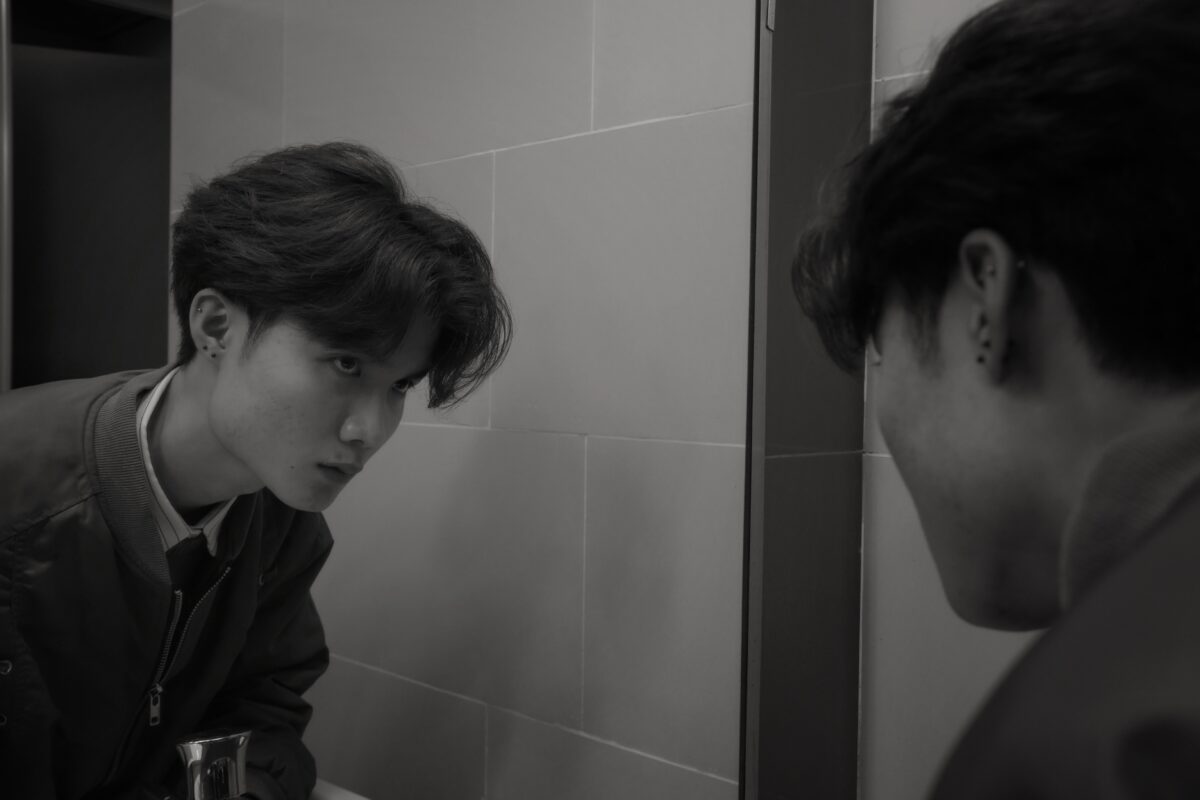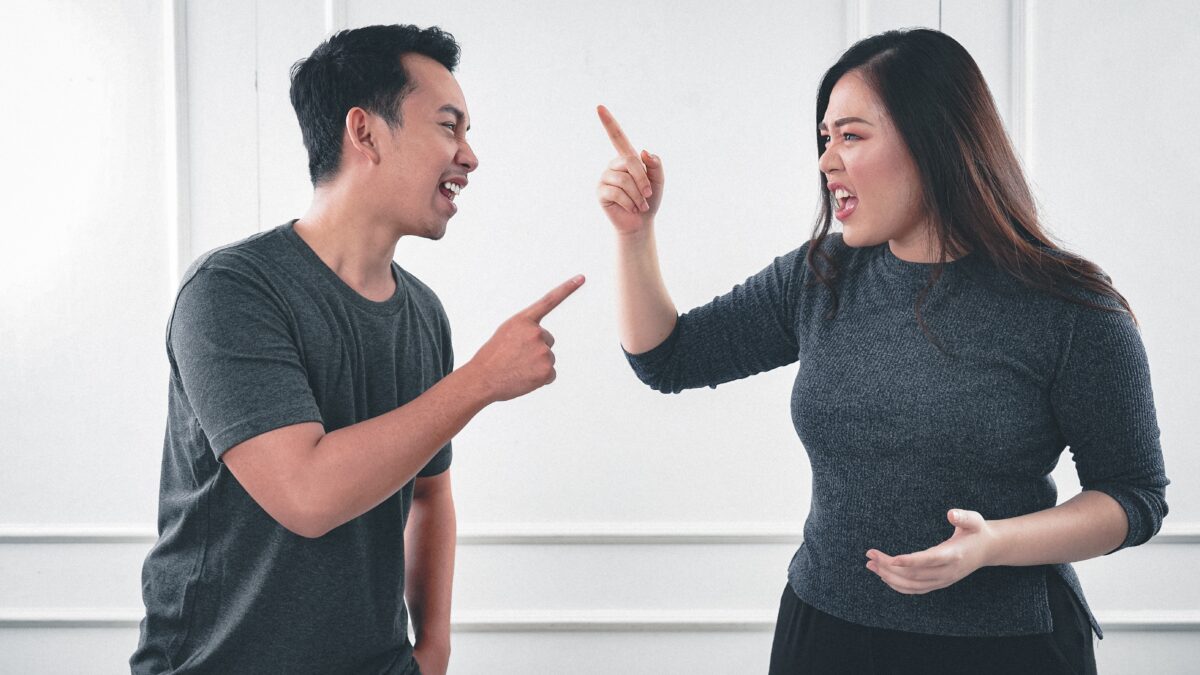Often times, Couples are not really sure what they are getting into when the process of couples therapy is started. They maybe unsure what to expect regarding the therapist and what the therapist may expect from them.
Often times, couples will approach therapy with the idea they are expected to describe their problems with their partner and relationship and that the therapist will provide them with tools to be satisfied, happier and a more stable relationship. Couples tend to expect to learn some new skills and information from the therapist. In many cases, people tend to hope their partner will learn to act differently which will fix problems in their relationship.
After 17 years of clinical experience, I have arrived at some guidelines that can make our work more effective. Yes, I do have some expectations of you. I am not neutral. I have evolved principles and concepts that I believe give us the greatest chance for success.
I am of the belief my primary role is to help you improve your responses to each other without breaking your core values and or deeply held principles. So that you may know some of my key guiding principles, I have created this document to provide clarity and focus to our work.
Your job is to create your own individual goals for being in therapy. MY job is to help you reach them. I have many tools to help you become a more effective partner – they work best when you are clear about how you desire to be in your relationship.
Goals and Objectives of Couples Therapy
The major aim of therapy is increasing your knowledge about yourself, your partner and the patterns of interaction between you. Therapy becomes helpful as you apply new knowledge to break old and ineffective patterns and develop more effective ones.
The key tasks of couples therapy are increasing your clarity about:
The kind of life you want to build together
The kind of partner you want to be in order to build the kind of life and relationship you desire to create
Your individual blocks to becoming the kind of partner you want to be
The skills and knowledge necessary to do the above tasks
Tradeoffs and Tough Choices
To create sustained improvement in your relationship you need:
A vision of the life you want to build together
To have a life separate from your partner because you are two individual people
The appropriate attitudes and skills to work as a team
The motivation to keep going
Time to review progress
To create the relationship you really desire, there will be some difficult tradeoffs and tough choices for each of you.
The first tradeoff will be time. It takes time to create a relationship that thrives: time to be together, time to be with family, time to play, coordinate, nurture, relax, do the work between sessions, hang out and plan. This time will encroach on some other valuable areas – your personal or professional time.
The second compromise is comfort. That means emotional comfort, like going out on a limb to try new ways of thinking and doing things, listening and being curious instead of butting in, speaking up instead of becoming resentfully compliant or withdrawing. At the beginning, there will be emotional risk taking action, but you will never grow if you don’t get outside your comfort zone and take risks. In addition, few people are emotionally comfortable being confronted with how they don’t live their values or being confronted with the consequences of their actions.
The other comfort that will be challenged is energy comfort. It takes effort to sustain improvement over time: staying conscious of making a difference over time, remembering to be more respectful, more giving, more appreciative etc. It takes effort to remember and act.
The other effort is even more difficult for some people: that is improving their reaction to problems. For example, if one person tends to blame but doesn’t take accountability for their actions, it will take effort to make improvements in their willingness to own their steps in the problem and the impact on the other person.
In all these areas, there is generally a conflict between short-term gratification and the long-term goal of creating a satisfying relationship. The blunt reality is that, in an interdependent relationship, effort is required on the part of each person to make a sustained improvement. It is like doubles in tennis – one person cannot do most of the work and expect to be successful.
How to Maximize the Value from your Couples Therapy Sessions
A common yet unproductive pattern in couple’s therapy is focusing on the which problem happens to be on someone’s mind at the moment. This is a reactive (and mostly ineffective) approach to working things through.
The second unproductive pattern is showing up and saying, “I don’t know what to talk about.” While this blank slate approach may open some interesting doors, it is a hit or miss process.
The third common unproductive pattern is discussing whatever fight you are now in or whatever fight you had since the last meeting. Discussing these fights/arguments without a larger context of what you wish to learn from the experience is often an exercise in spinning your wheels and not helpful to the process.
Over time, repeating these patterns will lead to the question, “Are we getting anywhere?” and thoughts that therapy has not been productive, at which time many couples tend to drop out.
A more powerful approach to your couple’s therapy sessions is for each person to do the following before each session:
Reflect on your objectives for being in therapy.
Think about your next step that supports or relates to your larger objectives for the kind of relationship you wish to create, or the partner you aspire to become.
This reflection takes some effort. Yet few people would call an important meeting and be unprepared.
Important Concepts for Couples Therapy and Relationships
The following ideas can help identify areas of focus in our work and/or stimulate discussion between you and your partner between meetings. If you periodically review this list, you will discover that your reflections and associations will change over time. So please revisit this list often, it will help you keep focus during our work.
Attitude is Key
When it comes to improving your relationship, your attitude toward change and being open-minded is more important than what action you take.
Identifying what to do and how to do it is often easy to identify. The bigger challenge is being open to why you don’t do it.
How to think differently about a problem is often more impactful than just trying to figure out what action to take and the change tends to last longer.
Your partner is quite limited in his/her ability to respond to you, just as you are limited in your ability to respond to your partner. This is an important understanding in increasing maturity.
The reality possibility exists that you have some flawed assumptions about your partner’s motives and they have some flawed assumptions regarding your motives. The challenge tends to be, most of the time we don’t want to accept these assumptions are flawed.
Focus on Changing Yourself Rather than Your Partner
Couples therapy works best if you have more goals for yourself than for your partner. I am at my best when I help you both reach objectives you set for yourself.
Problems occur when our reality around our expectations, hopes, desires and concerns are challenged. It’s human nature to try and change one’s partner instead of adjusting our expectations. This aspect of human nature is what keeps therapists working.
One of the biggest challenges in being part of couples therapy is accepting you will need to improve your response to a problem (how you understand it, feel about it, see it, or what to do about it). Few people want to focus on improving their response. It’s more common to build a case for why you’re partner needs to change.
While you and your partner both can influence one another, you can’t change them and they cannot change you. By becoming more efficient as a partner is the best way to bring change to the relationship.
During the good times when your life and relationship seem to be going well It’s easy to be present and loving to your partner. When it gets challenging and requires work, and your partner is whining and sniveling about how you got them into this mess, that’s when you get tested. Your leadership and your character get tested. You can join the finger pointing or become how you aspire to become.
Nothing is impossible with the willingness to do the work.
Fear is a signal that it’s time to prepare, not to give up.
You can learn a lot about yourself by understanding what challenges you and how you handle those situations.
The more focused you are on your partner changing, the less initiative you will take to change the patterns between you.
Zen Aspects of Couples Therapy (Some Contradictions)
All major goals have built in contradictions, for example, speak up or keep the peace.
All significant growth comes from disagreements, dissatisfaction with the current status, or a striving to make things better. Paradoxically, accepting that conflict produces growth and learning to manage inevitable disagreements is the key to more harmonious relationships.
All couples have arguments, disagreements and fights. This is not a sign of an unhealthy relationship. The unhealthy relationship comes from the how you argue, disagree, and fight.
It’s not what you say. It’s what they hear.
Solutions, no matter how perfect, set the stage for new problems.
Tough Questions
A willingness to ask good questions–of yourself and your partner–helps you uncover causes beneath causes.
The only bad question is the one not asked.
In a strong disagreement, do you really believe your partner is entitled to their opinion?
Under duress, do you have the courage and willingness to seek your partner’s reality and the courage to express your reality when the stakes are at their highest?
Why is it important to let your partner know what you think, feel and are concerned about? (Because they really can’t appreciate what they don’t understand.)
What is the price your partner will have to pay to improve their response to you? How much do you care about the price they will have to pay? (Everything has a price and we always pay it.)
Can you legitimately expect your partner to treat you better than you treat them?
If you want your partner to change, do you think about what you can do to help the process?
When a problem shows up, it’s natural to think “What should I do about it?”
A much more productive question is. “How do I act in this situation?”
The Importance of Communication
The three most important qualities for effective communication are respect, openness and consistent.
Healthy communication is much more difficult than most people want to believe. Effective negotiation is even more difficult.
A couple’s vision emerges from a process of reflection and inquiry. It requires both people to speak from the heart about what really matters to each.
We are all responsible for how we express ourselves, no matter how others treat us.
Communication is the number one problem that brings people to couples counseling.
Effective communication means you need to pay attention to:
How you request to have discussion with your partner
Managing unruly emotions, such as anger that is too intense
How you are communicating – complaining, blaming, vague, etc.
What you need from your partner during the discussion
What the problem means to you
The outcome you want from the discussion
Your partner’s major concerns
How you can help your partner become more responsive to you
The beliefs and attitudes you have about the problem.
No wonder good communication is so hard.
Some Final Thoughts.
You can’t create a flourishing relationship by only fixing what you see as wrong now. But it’s a start.
Even with the best intentions all couples must– practice, practice and more practice. Practice the right things and you will get there.
Love is destroyed when self-interest dominates.
The possibility exists that we choose partners we need but don’t necessarily want.
It is possible that opposites attract.
To get to the bottom of a problem often means you first accept how complex it is.
Trust is the foundational building block of a flourishing relationship.
Trust is easy to lose and hard to get back.
You create trust by doing what you say you will do.
It’s impossible to be in a highly inter-dependent relationship without ever being judgmental or being judged.
If neither of you ever rocks boat, you will end up with a dull relationship
Knowledge is not power. Only knowledge that is applied is power.
Most of the ineffective things we do in relationships fall into just a few categories:
Blame or attempt to dominate
Disengage/withdraw
Resentful compliance
Whine
Denial or confusion.
These are the normal emotional reactions to feeling a threat or high stress.
Improving your relationship means better management of your reactions.
Everything you do works for some part of you, even if other parts of you don’t like it.
Three motivations will govern any sustained effort you make. You will seek to:
- Avoid pain or discomfort
- Create more benefits
- Be a better person.
It’s also true for your partner.
If you are asking your partner to change something, sometimes it’s a good idea to ask if the change is consistent with how they aspire to be in that situation.
Businesses and marriages fail for the same three reasons. A failure to:
Learn from the past
Adapt to changing conditions
Predict probable future problems and take action.
Effective change requires insight and action. Insight without action is passivity.
Action without insight is impulsive. Insight plus action leads to clarity and power.
If you want to create a win-win solution, you cannot hold a position that has caused your
partner to lose in the past.
“The capacity to learn is a gift; the ability to learn is a skill; the willingness to learn is a choice.”
-Brian Herbert
Please review this article from time-to-time as there is a lot of information to take in.










